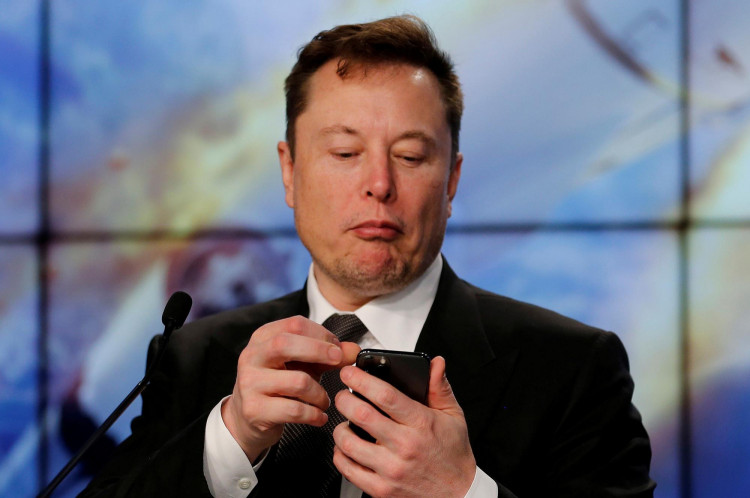Tesla and CEO Elon Musk sharply criticized the Republican-led budget bill for eliminating key clean energy tax credits, warning the move would cripple America's transition to renewable power. The attack came hours after Musk announced his formal departure from a government advisory role within the Trump administration.
"Abruptly ending the energy tax credits would threaten America's energy independence and the reliability of our grid," Tesla Energy wrote in a statement posted to X, calling on the Senate to pursue "a sensible wind down of 25D and 48E." The company emphasized that such a move was critical for maintaining deployment of "over 60 [gigawatts] capacity per year to support AI and domestic manufacturing growth."
The House-passed reconciliation package repeals core incentives from the Inflation Reduction Act, including the $7,500 consumer tax credit for electric vehicles, the 30% investment tax credit for battery storage and solar energy systems, and support for clean electricity generation. Nuclear energy is largely exempt from the cuts.
Tesla's energy division, which has outpaced the automaker's vehicle segment in growth and profitability in recent years, is among the sectors most exposed to the rollback. The company has marketed solar panels and Powerwall battery systems to U.S. homeowners and utilities since 2015.
Musk amplified Tesla's concerns, reposting the statement and adding: "There is no change to tax incentives for oil & gas, just EV/solar." He also shared another post that said "slashing solar energy credits is unjust."
Musk's remarks highlight growing friction between the billionaire and the political movement he helped empower. Tesla benefited substantially from clean energy incentives enacted under the Biden administration, but Musk later emerged as a vocal supporter of Donald Trump and donated an estimated $300 million to Republican efforts. His support was seen as a bid to shield Tesla from regulatory scrutiny.
While Musk previously advocated for ending all subsidies-including those for fossil fuels-he has grown increasingly critical of a policy environment that removes benefits for EVs while preserving favorable treatment for oil and gas.
Tesla's call to retain at least a gradual phaseout of the tax credits underscores the company's reliance on U.S. incentives to support domestic demand, particularly as its international markets face rising competition and declining profitability. "Canada is gone. Europe is gone," one source told Electrek. "Tesla is facing tremendous pressure from competition in China."
Earlier this week, Musk criticized the GOP bill's projected $4 trillion addition to the national debt, calling it a betrayal of fiscal responsibility. His break with the Trump-aligned GOP comes as Tesla grapples with slumping vehicle sales, a cooling U.S. EV market, and intensified political backlash.
Musk confirmed Wednesday he had stepped down from his role as a "special government employee," stating he was refocusing his efforts on managing Tesla full-time.






